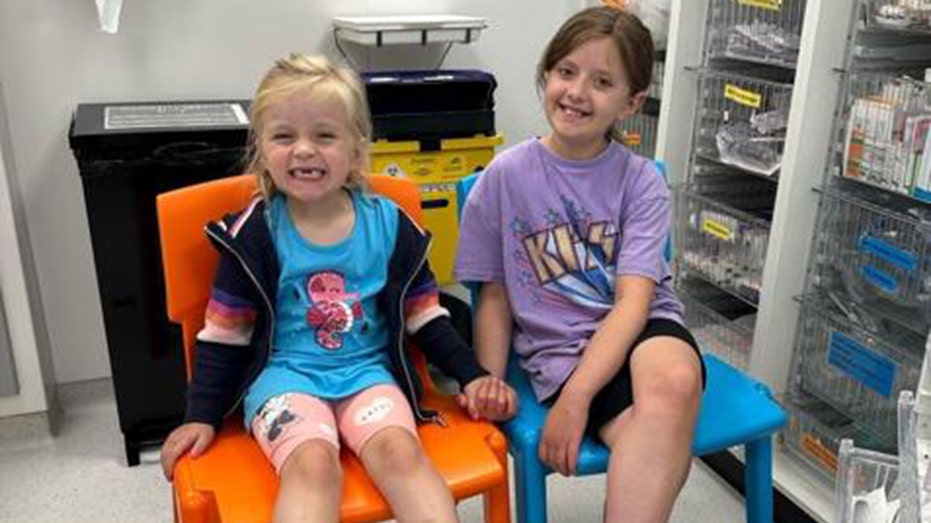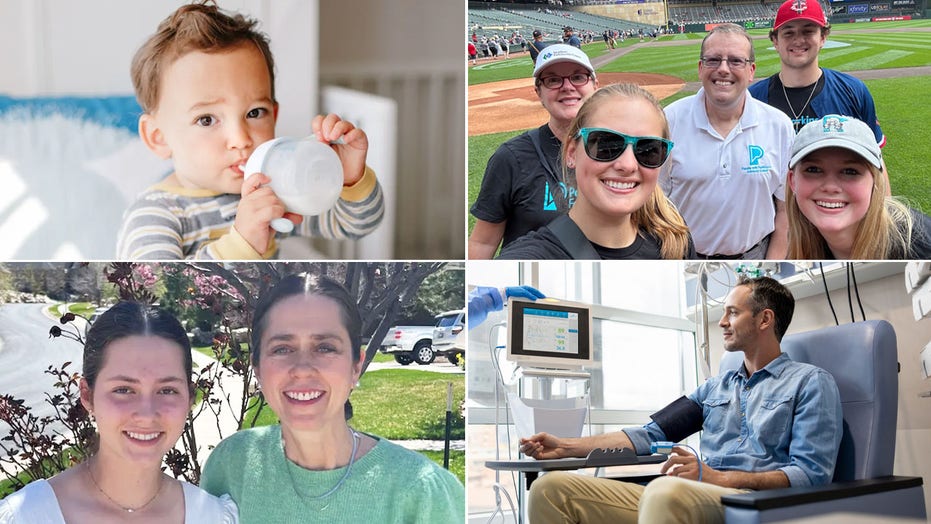Being a parent, especially to a baby or young child, can be isolating. From making sure bills are paid, kids are fed and the house is clean, to managing nap times, illnesses, after-school schedules and busy homework, parenting can leaving moms and dads – 66% of them, to be precise – feeling exhausted and isolated, according to a new national survey conducted by the Ohio State University Wexner Medical Center.
Conducted between April 5 and 7, the survey of 1,005 people found that two-thirds of respondents “sometimes or frequently felt the demands of parenthood, felt isolated and alone” and around 62% said they feeling “exhausted by their responsibilities as a parent”. » Nearly 2 in 5 (38%) respondents said they have no one to support them in their parenting role, and 79% expressed interest in connecting with other parents outside of work and home .
Why are parents so alone and exhausted?
The survey was led by Kate Gawlik, an associate clinical professor at the Ohio State University College of Nursing and a mother of four, eager to learn more about the relationship between loneliness and burnout, which she defined as “the overwhelming feeling of exhaustion.”
“In this specific role of parenting, it’s about this ability to never really feel like you’re out of water,” she tells Yahoo Life. “And then that causes other things to start happening… [like] you feel more detached from your children and less like you are a good parent. She describes this relationship as a vicious circle. “Loneliness can really exacerbate a lot of these feelings.”
Parents of babies or young children who are constantly surrounded by their children tend to feel more isolated and find it more difficult to form relationships outside the home, notes Gawlik. She adds that American parents in particular are likely to feel alone and at their peak. “Other countries have a [multi-generational] village model, and in the United States, this model is not as strongly ingrained in our culture and society. … It contributes to burnout,” she says.
The pandemic also played a role. “COVID has taken away so many working parents [in] the office and put them at home, and then it was like we had never left, [which] absolutely exacerbated our loneliness,” Gawlik adds.
Keneisha Sinclair-McBrideclinical psychologist at Boston Children’s Hospital in Massachusetts, agrees, pointing out that many adults also lost personal social connections during the pandemic and haven’t rebuilt them.
How can parents feel less alone?
“One of the things we know is that an antidote to loneliness is connection with others,” says Gawlik.
Gawlik and Sinclair-McBride acknowledge that, for already exhausted parents, it can seem overwhelming to add “make new friends” to their never-ending to-do list. “This seems like another task that no one has time for, but it can make a lot of things easier”…

